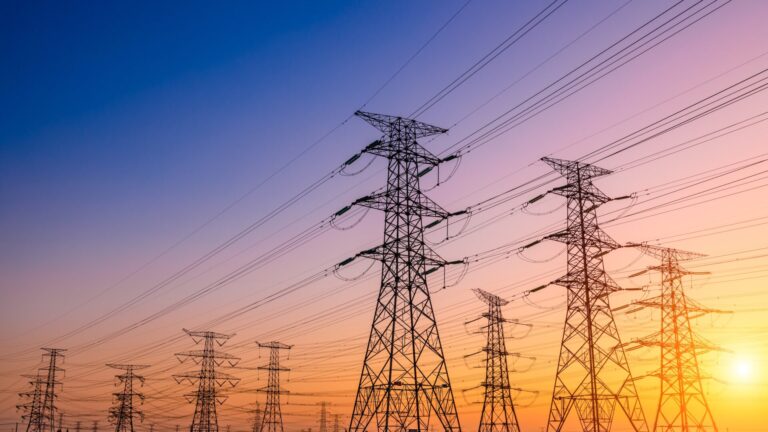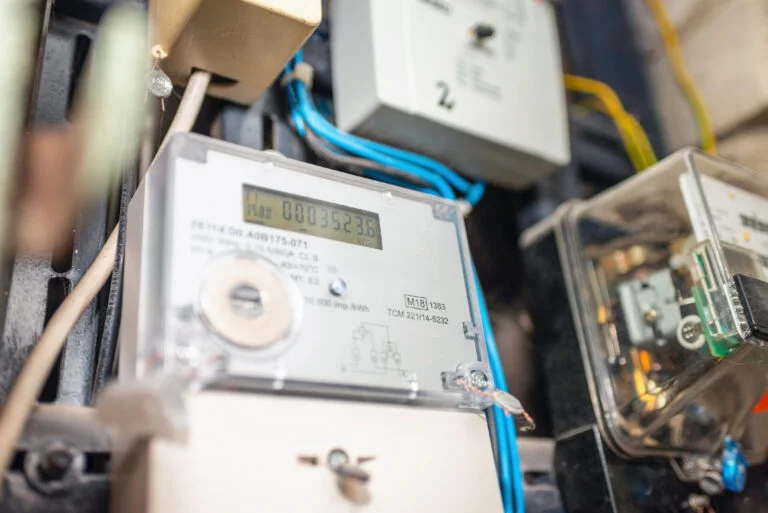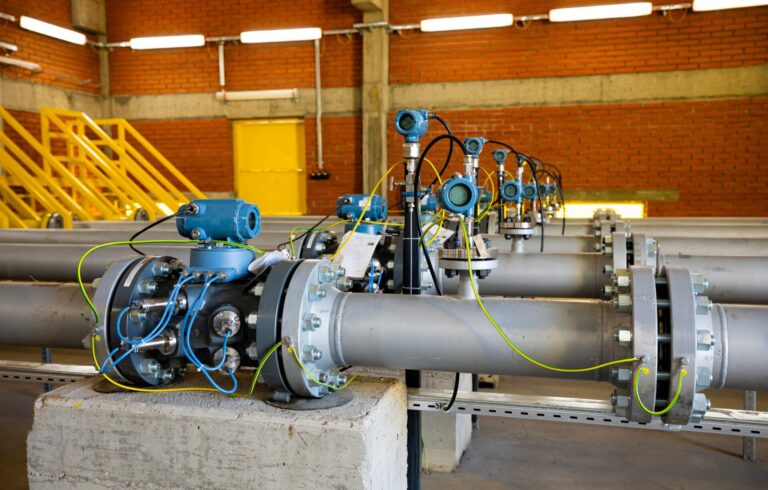What is Ofgem's Targeted Charging Review (TCR)?
What is Changing?
One of the primary changes introduced by the TCR involves the reformulation of residual charges. Residual charges are fees imposed on consumers to cover the overall costs of maintaining the electricity networks, including ensuring system reliability and stability. Under the TCR, Ofgem proposes a shift in how these charges are calculated and allocated.
Traditionally, residual charges have been predominantly based on energy consumption, meaning that customers pay more if they use more electricity. However, under the TCR, there is a movement towards increasing the proportion of fixed charges, which are not dependent on actual energy usage but instead reflect a consumer’s capacity or connection to the grid. This adjustment aims to better distribute the costs of maintaining the networks among all users, irrespective of their energy consumption levels. This means:
-
Distribution Use of System (DUoS) Charges
From April 2022, a portion of these charges will be levied as a fixed fee, rather than solely based on unit rates.
-
Transmission Network Use of System (TNUoS) Charges
Similar to DUoS, a fixed standing charge element was introduced in April 2023.
-
Balancing Services Use of System (BSUoS) Charges
As of April 2023, these charges will no longer be paid by generators, but passed on to the end user through a fixed fee.
These adjustments will have diverse effects on different customer segments. Broadly, standing charges are set to increase in the near future, particularly impacting businesses that traditionally adapt their consumption patterns based on market trends. Nonetheless, these short-term expenses are in place with the long-term hope of prices decreasing when looking at the cost for the commodity of electricity.
To determine the revised costs for each business, Ofgem has introduced distinct categories based on their meter setup and usage levels.

For Businesses That Don’t Have ASCs

For Businesses With ASCs
(Tables from Octopus Energy Website)
How Will the TCR Affect Customers?
-
Impact on Bills
Customers may see changes in their electricity bills due to the shift from consumption-based charges to fixed charges. While some consumers may experience a reduction in their variable charges, others, particularly those with low energy consumption levels, might face higher fixed charges.
-
Incentives for Efficiency
With a greater emphasis on fixed charges, energy users may be incentivised to focus more on efficiency measures to manage their overall electricity costs. This could include investing in energy-saving technologies or adjusting consumption patterns to minimise capacity requirements.
-
Equity and Fairness
The TCR aims to ensure a fairer distribution of network costs by aligning charges more closely with the actual benefits derived from grid services. However, there may be concerns regarding the potential impact on vulnerable or low-income consumers who may struggle to afford higher fixed charges.
-
Transition to a Low-Carbon Future
By modernising the charging framework, the TCR supports the transition to a low-carbon energy system by encouraging investment in renewable energy and grid technologies. Fair and transparent network charges are essential for facilitating the integration of renewable generation and enabling a more sustainable energy future.
In conclusion, Ofgem’s Targeted Charging Review (TCR) represents a significant regulatory intervention aimed at reforming the way network charges are applied within the UK electricity market. By shifting towards fixed charges and aligning costs more closely with the benefits derived from grid services, the TCR seeks to ensure a fairer and more efficient allocation of network costs. While these changes may bring about challenges and adjustments for energy customers, they also pave the way for a more resilient and sustainable energy system in the years to come. As the energy landscape continues to evolve, staying informed and adapting to regulatory changes will be essential for both energy providers and consumers alike.
For a more in-depth analysis of the TCR and how it might affect your business specifically, contact BP Consulting today!






